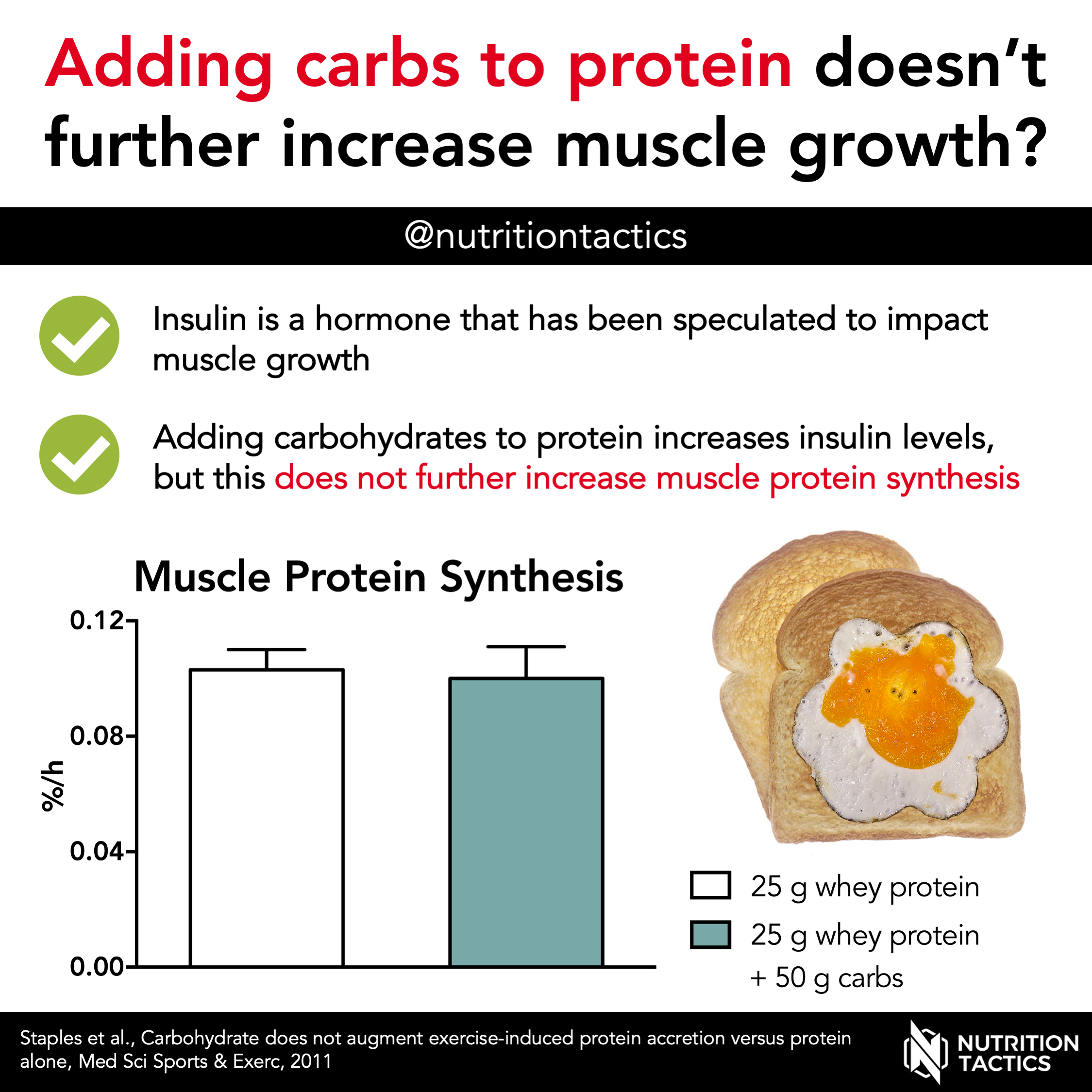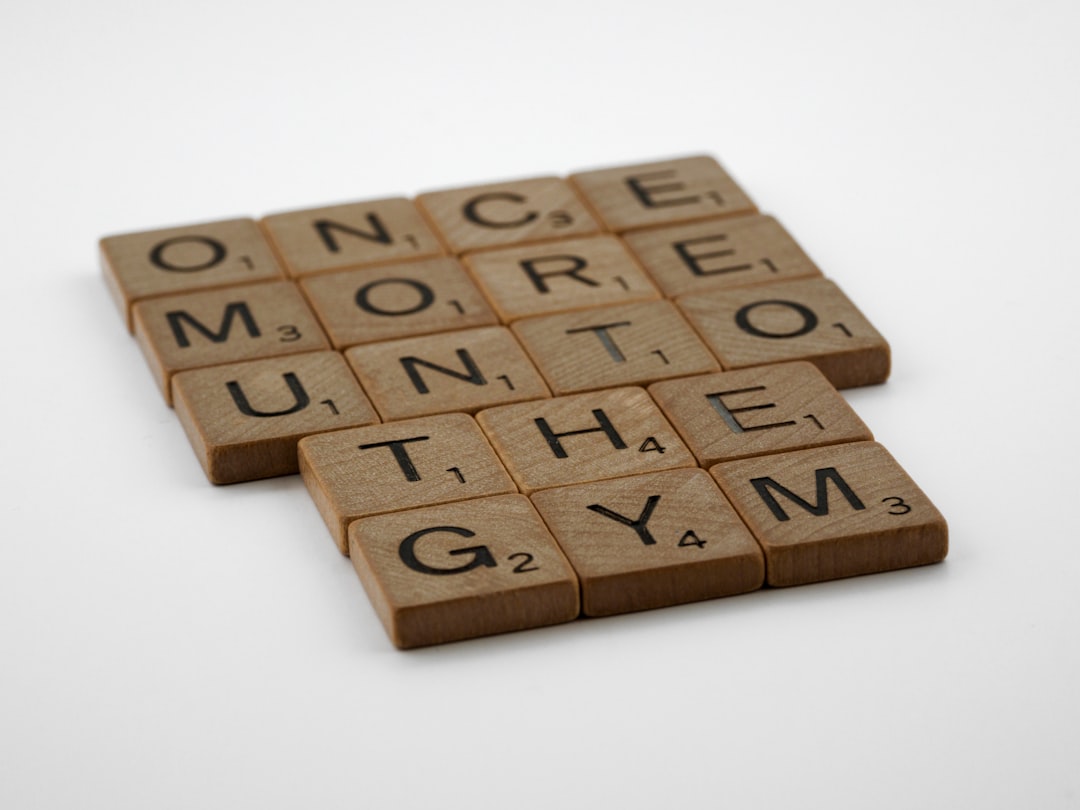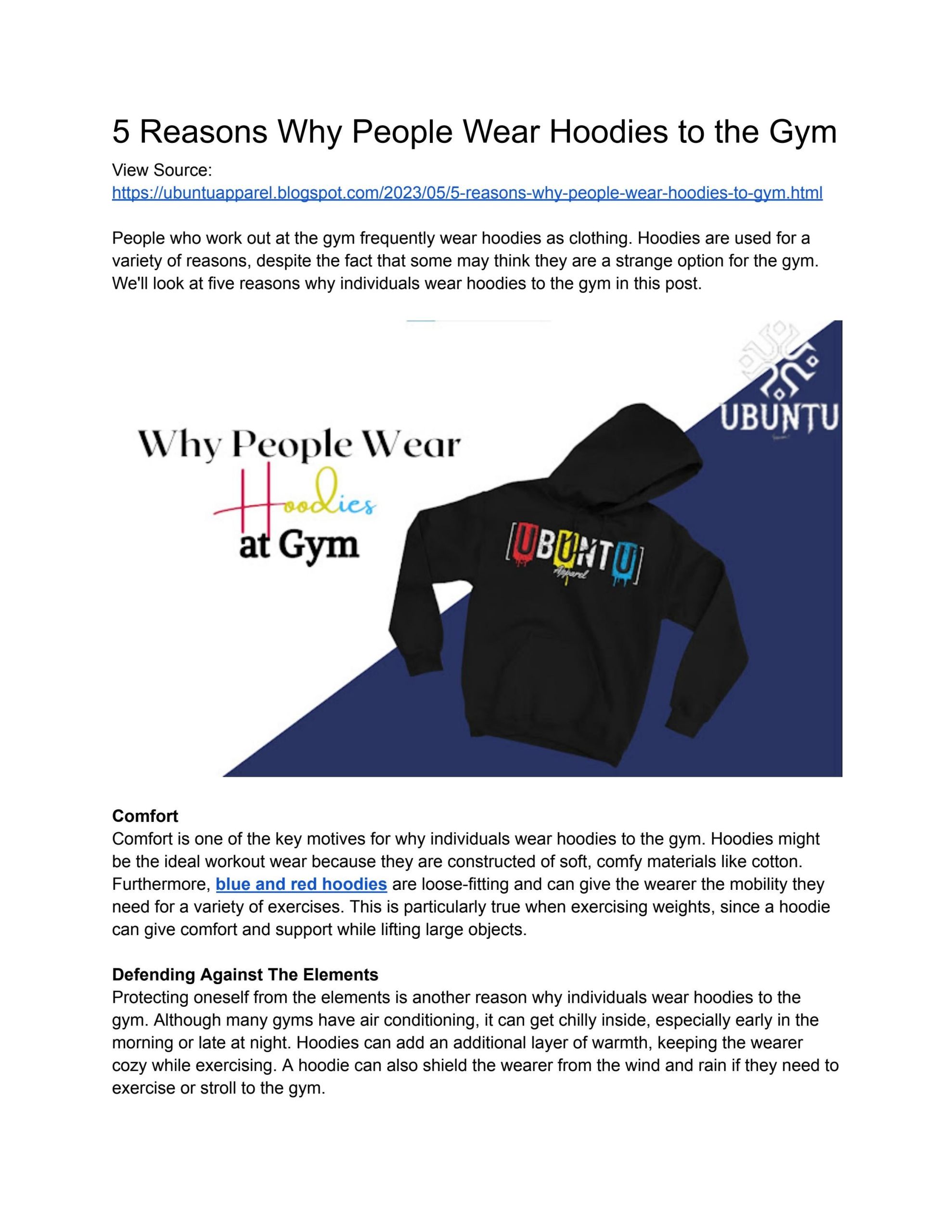Ever wondered if you really need carbs to build muscle? You’re not alone.
With so many diets and nutrition plans floating around, it’s easy to get lost in the noise. But here’s the thing—understanding the role of carbs in muscle building could make all the difference in your fitness journey. Imagine unlocking the secret that could transform your workouts, enhance your recovery, and fuel your muscles like never before.
Wouldn’t you want to know if carbs are that secret ingredient? Dive into this article to discover the truth about carbs and muscle growth, and find out how to optimize your diet for the gains you desire. Keep reading, because what you learn here could revolutionize your approach to building muscle.

Credit: www.youtube.com
Role Of Carbs In Muscle Building
When it comes to building muscle, many people focus on protein, while carbs often take a backseat. Yet, carbs play a crucial role in muscle growth. Understanding how carbs work in your body can make a big difference in your fitness journey.
Energy Source
Think about your last workout. Did you feel sluggish halfway through? That might be because you didn’t have enough carbs. Carbs are your body’s main source of energy during exercise. They help you power through those tough sets and push your limits.
Without enough carbs, you might feel drained, reducing the quality of your workout. This could slow down your progress. To perform your best, consider adding a balanced amount of carbs to your diet.
Glycogen Storage
Carbs also play a vital role in glycogen storage. Glycogen is stored in your muscles and liver. It’s the fuel your body taps into during intense workouts.
Ever notice how some days you can lift heavier or run faster? That’s often due to having more glycogen available. Eating carbs after a workout helps replenish these glycogen stores, preparing you for your next session.
Have you ever tried skipping carbs post-workout? You might’ve felt more tired the next day. Maintaining glycogen levels can aid recovery and enhance your performance.
So, do you think you’re giving carbs the attention they deserve in your muscle-building plan? Balancing your diet with the right amount of carbs can optimize your workouts and results. What changes will you make to ensure you’re getting the energy and recovery your muscles need?
Carbs Vs. Protein In Muscle Growth
Building muscle is a common goal for many fitness enthusiasts. The debate often centers around the importance of carbs versus protein in muscle growth. Understanding the role each plays can help you make informed decisions about your diet and training regimen.
Protein Synthesis
Protein is crucial for muscle repair and growth. It provides the building blocks, or amino acids, necessary for muscle tissue. Protein synthesis is the process where cells build new proteins. This helps muscles recover and grow stronger. Without enough protein, muscle gains can be limited.
Consuming protein-rich foods boosts protein synthesis. This should be timed around workouts for best results. Lean meats, eggs, and legumes are excellent protein sources. Aim for a balanced intake throughout the day.
Balanced Nutrition
Carbs also play a vital role in muscle growth. They provide energy for workouts, which can enhance performance. Carbs replenish glycogen stores, which fuels muscles during exercise. A lack of carbs can lead to fatigue and poor workout performance.
A diet that balances carbs and protein supports muscle growth. Whole grains, fruits, and vegetables offer quality carbs. They provide necessary vitamins and minerals too. This balance is key for optimal muscle development.
Impact Of Low-carb Diets
When talking about building muscle, carbs often come into the spotlight. But what happens when you cut them out? Low-carb diets, like the popular ketogenic diet, have made waves in the fitness world. While many swear by their ability to shed fat, the question remains: do they impact muscle growth? Understanding how low-carb diets affect your performance and muscle-building efforts can help you make informed decisions about your diet.
Ketogenic Diets
The ketogenic diet is a low-carb, high-fat approach that aims to shift your body’s energy source from glucose to ketones. This transition can be challenging, especially if you’re used to a carb-heavy diet. Some people experience a drop in energy levels initially. I remember struggling to complete my usual workout routine during the first week on keto. However, my energy eventually balanced out, allowing me to push through workouts. The key is patience and listening to your body.
But can you build muscle on keto? Yes, it’s possible. You’ll need to focus on getting enough protein and healthy fats. For example, eggs, avocados, and nuts can be your best friends here. Also, you’ll need to ensure you’re hitting your calorie needs. Muscle growth requires energy, so don’t skimp on those calories, even if carbs are low.
Performance Effects
Low-carb diets can affect your exercise performance. Some find that their endurance dips when carbs are reduced. If you love high-intensity workouts, this can be frustrating. You might notice that you tire more quickly or struggle to lift heavier weights. A friend of mine experienced this shift, finding her sprint times slower than before. She adjusted by allowing longer recovery times and focusing on form rather than speed.
However, not everyone sees a drop in performance. You might experience a boost in fat metabolism, which can be beneficial for endurance activities. It’s essential to monitor how your body responds and adjust your workout accordingly. Are you feeling weaker or more energetic? This insight can guide your dietary adjustments.
Ultimately, the impact of a low-carb diet on muscle growth varies. Consider your goals, preferences, and how your body responds. Are carbs essential for you? Only you can decide.
Benefits Of Moderate Carb Intake
Building muscle needs carbs for energy. They fuel workouts and help recovery. Moderate carb intake supports muscle growth by providing necessary energy without excess calories. Balancing carbs with protein optimizes muscle development and maintains overall health.
Are you trying to build muscle and wondering if carbs play a role in your journey? The benefits of moderate carb intake might surprise you. While protein often steals the spotlight in muscle-building discussions, carbs are essential for optimal recovery, endurance, and strength. Let’s dive into why a balanced approach to carbs can be a game-changer for your fitness goals.Optimal Recovery
After an intense workout, your muscles need to repair and grow. Carbs help replenish glycogen stores, which are depleted during exercise. This process is crucial for muscle recovery and growth. Have you ever felt unusually fatigued after a workout, despite having enough protein? A moderate carb intake can be the missing link. It aids in faster recovery, allowing you to hit the gym more consistently.Endurance And Strength
Carbs are the body’s preferred energy source. They fuel both your workouts and day-to-day activities. This means more energy to lift heavier weights and perform more reps. Imagine running out of energy mid-workout—frustrating, right? Consuming the right amount of carbs can prevent this and enhance your performance. It supports sustained energy levels, so you can push harder and longer during your training sessions. Balancing your diet with enough carbs can make a noticeable difference. Have you found that your strength plateaus or endurance wanes? Adjusting your carb intake might be the key to breaking through these barriers. Incorporating moderate carbs into your diet doesn’t mean overindulgence. It’s about finding the right balance that supports your fitness goals. So, why not give it a try and see how your body responds? Your next workout might just be your best one yet.Carb Cycling For Muscle Gain
Carb cycling is a strategic approach to eating carbs for muscle gain. It involves alternating between high and low carb intake. This method helps optimize muscle growth and energy levels. Understanding how carb cycling works can aid in achieving fitness goals.
How It Works
Carb cycling varies your carb intake across days or weeks. On high-carb days, you consume more carbs to fuel workouts and muscle recovery. Low-carb days reduce intake to encourage fat burning and maintain energy balance. This cycle supports muscle growth while managing body fat.
Potential Benefits
Carb cycling can enhance muscle gain by improving energy for workouts. It may help in managing body fat levels effectively. By adjusting carb intake, you optimize hormonal responses for muscle building. This method can also support overall metabolic health and performance.

Credit: www.nutritiontactics.com
Personalized Nutrition Strategies
Muscles grow with proteins and fats, but carbs provide energy for workouts. Carbs fuel intense exercises, aiding muscle development. Personalized nutrition helps balance carbs for effective muscle growth.
When it comes to building muscle, nutrition plays a crucial role. One size doesn’t fit all, especially in nutrition strategies. Tailoring your diet to fit your unique needs can make a significant difference in achieving your fitness goals.Assessing Individual Needs
Understanding your personal nutritional needs is the first step toward effective muscle building. Are you a high-energy athlete burning through calories, or do you have a more sedentary lifestyle? Your daily activity level, metabolism, and fitness goals all influence how many carbs you need. One practical approach is to keep a food diary. Document what you eat, how much, and when. Over a week, patterns will emerge. You might discover that on days when you consume more carbs, your workout performance improves. Reflect on your energy levels and recovery times. If you’re sluggish and sore after workouts, adjusting your carb intake might help.Consulting With Experts
Professional advice can be a game-changer. Have you considered consulting a nutritionist or dietitian? They can provide insights tailored specifically to your body’s requirements. Consulting with experts ensures that you’re not second-guessing your food choices. They can help design a balanced meal plan that aligns with your muscle-building goals. Experts can also help you avoid common pitfalls, like consuming too few carbs, which can lead to fatigue. Is there a better way to optimize your nutrition than learning from those who have studied it extensively? When I started my fitness journey, I thought carbs were the enemy. A dietitian helped me understand that the right type and amount of carbs were essential for my energy and muscle repair. This personalized approach transformed my workouts and results. Are you ready to explore what personalized nutrition can do for your muscle-building efforts?
Credit: whatsgood.vitaminshoppe.com
Frequently Asked Questions
Can You Gain Muscles Without Carbs?
Yes, you can gain muscle without carbs. Focus on protein and healthy fats to support muscle growth. Pair this with resistance training for best results. Carbs aren’t essential but can enhance energy for workouts. Customize your diet to fit your body’s needs and goals.
Do Carbs Help In Muscle Recovery?
Yes, carbs play a crucial role in muscle recovery. They replenish glycogen stores depleted during workouts. This helps reduce muscle fatigue and enhances recovery speed. Including carbs in post-workout meals can improve overall recovery and performance.
Can You Build Muscle Without Carbs?
Building muscle without carbs is challenging but possible. Carbs provide energy for intense workouts and support muscle growth. Without them, you may experience reduced energy and endurance. A low-carb diet might require increased protein and fat intake to compensate.
What Are The Best Carb Sources For Muscle Gain?
The best carb sources for muscle gain include whole grains, fruits, and vegetables. These provide essential nutrients and energy. Quinoa, brown rice, oats, and sweet potatoes are excellent choices. These foods help maintain steady energy levels and support muscle growth.
Conclusion
Carbs play a role in muscle building. They provide energy for workouts. Your body uses carbs to fuel exercises. Protein helps repair muscles, but carbs are crucial too. Balancing carbs and protein can boost muscle growth. Listen to your body.
Each person needs different amounts. Finding the right balance helps meet fitness goals. Healthy carbs include whole grains and fruits. Choose wisely for better results. Remember, moderation is key. Stay hydrated and maintain a balanced diet. Muscle growth isn’t just about lifting weights.
Nutrition matters. Make informed choices for a stronger, healthier body. Keep learning about nutrition for optimal results.




